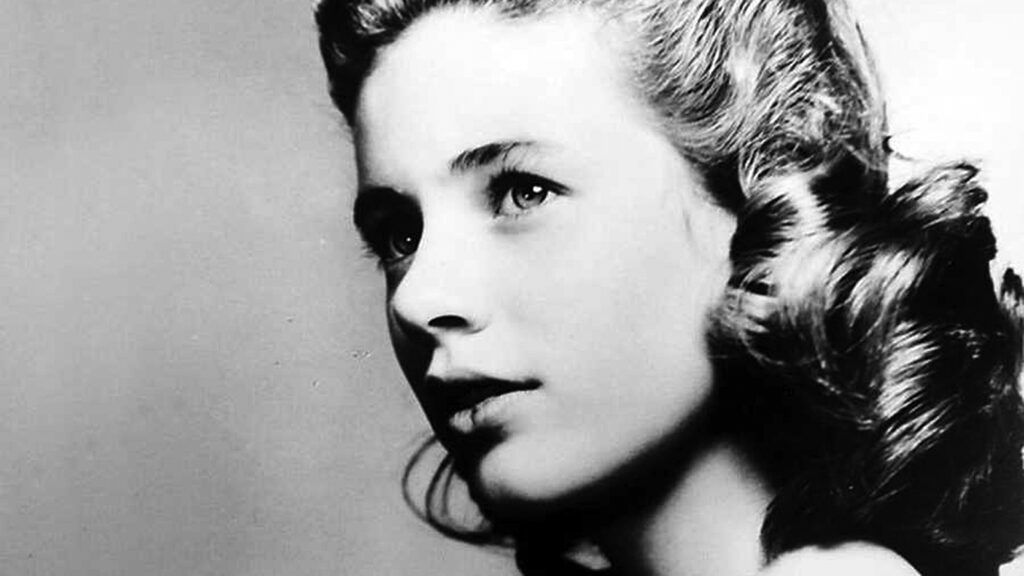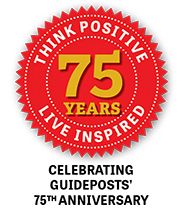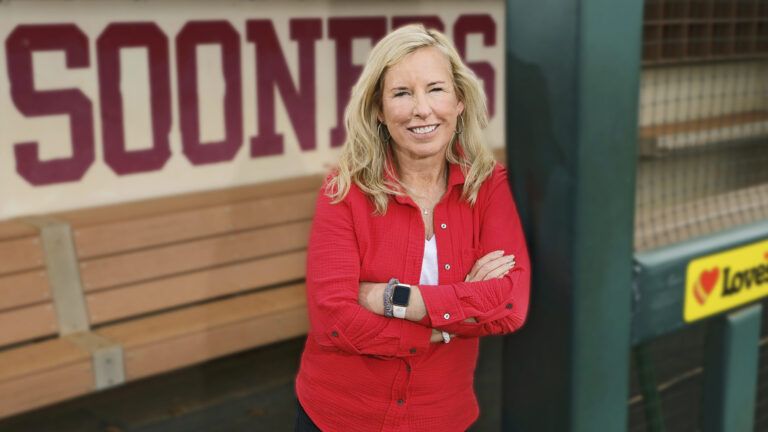For 18 months I had been coached and drilled to act deaf, mute and blind to audition for the role of 10-year-old Helen Keller in the Broadway play, The Miracle Worker, which opened October 19, 1959, and enjoyed a run of 719 performances.
When they told me I had got the part, at first I was overjoyed. But the next day when I thought about it, I became afraid. How could I tell anyone that practicing to play a blind girl on the stage somehow had made me deathly afraid of being blind.
Part of the fear was because of the big fight scene in the play. It was full of violence. The blind Helen is like a wild little savage. She does everything to oppose the efforts of her teacher, Annie Sullivan.
ENJOYING THIS STORY? SUBSCRIBE TO GUIDEPOSTS MAGAZINE!
In the fight scene at the breakfast table, plates, cups, saucers, silverware, even a chair and a pitcher full of water are thrown about.
During the early rehearsals I choked on the food, cut my hand, chipped a tooth and had my head banged against the door jamb. It could have been worse. I fought down my fear as best I could.
One night after the play had opened, I was in my usual place backstage, waiting for my cue. The stage manager had just called, “Places, please!”
In a few minutes the curtain would go up. I would hear the words for my entrance, and then for the next two and a half hours I would be groping, falling, and stumbling about the stage, acting the part of a blind, deaf mute.
As I concentrated on the feeling of being sightless one of the four blind girls in the cast came by. She greeted me with her usual cheerful, “Hello.”
I looked up to return her greeting, and I felt a sudden twist inside me. There was a welt on her forehead, one of her cheeks was bruised and the other cut just below the eye.
“What happened?” I stammered.
She reached out for me, grasped my hand, and laughed. “Nothing, Patty, really. I had a battle with a clothes hook in our dressing room, and I lost.”
I tried to think of something to say, but couldn’t. I felt numb.
“Your cue, Patty,” she said quickly.
READ MORE: LORETTA YOUNG ON THE POWER OF LOVE
I pressed her hand very hard once, and shuffled on stage. My arms were outstretched before me and my hands “feeling” my way. For now, I too was “blind.” But it chilled me.
How could anyone want to go on living with blindness?
It became almost impossible to erase these thoughts from my mind. I began to wonder, more and more, about a world where such tragedies could happen. I wondered and I was drawn more and more to the four blind children in the cast.
One night I asked my mother about blindness. She said not to worry about it because sometimes God takes something away with one hand, then He gives with the other. The blind often see things more clearly than people with perfect eyes.
But I really didn’t understand what she meant.
I found myself joining more and more in the games with the four blind girls. Jumping rope was one of them. Two of the blind girls would turn the rope and when I yelled, “Now!” a third would hop in and begin to jump.
As the rope turned faster and faster, their yells and laughter became louder and louder. But somehow I could not laugh.
“Would you like to play ball with us?” they asked me one day.
Play ball! I couldn’t believe my ears. But here’s the way they did it: they used a fairly large rubber ball. A blind child would stand at bat, facing the pitcher. The pitcher would get direction from the voice of the batter.
The batter would listen for the sound of the ball bouncing, and the “assistant batter,” who was sighted, would yell “Swing” just as the ball came over the plate. If the ball was hit, the assistant would grab the batter’s hand and lead her running around the bases.
On the day before Easter an egg hunt was held in the theater. Eggs were hidden around the stage, backstage and about the wardrobe room. To make it fair, the sighted children were blindfolded.
When the game started, we had to go down a flight of stairs, and with my blindfold on I held back. “Too fast,” I shouted. All I got in reply was laughter. The blind children took my hand and led me!
Through narrow passages, over wire and cables, under low-hanging pipes, my blind friends led me. It was like being in the scary black darkness of a “Fun House” in an amusement park, where you don’t know what terrifying thing might happen to you next. I was scared—and ashamed of it.
After the performance that night, Mr. and Mrs. John Ross, who have coached and managed me in the theater since I was eight and have been like second parents, asked why I was so quiet.
“Anything wrong?” Mrs. Ross inquired.
“No,” I answered, “nothing except in the middle of the fight scene I threw one of the spoons too hard and it bounced off the wall and hit me on the face,” I answered. “It came pretty close to my eye.”
“What’s really bothering you, Patty?” Mr. Ross asked.
Mrs. Ross took my hand.
I blurted it out, all about my blind friend and the bruises on her face and everything that happened in the games and the egg hunt and how I wouldn’t want to live if I ever became blind.
“That certainly would not be the answer,” Mrs. Ross said.
“Then what is the answer?”
“What did Helen Keller do?” Mr. Ross asked.
I shook my head. “But I’m not Helen Keller.”
“You’re not,” Mr. Ross said. “But to play her you must get inside her, you almost must become her.
“You’ve done that with the wild young Helen Keller, but you must know how the child grew to be one of the world’s great women by mastering her handicaps and fears. Try thinking of yourself in this role too.”
“But how did she get rid of her fears?”
“She put herself in God’s hands,” Mr. Ross said simply.
“Why should she?” I asked.
“Because she knew that she was helpless to help herself. Helen Keller was desperately afraid, too, but she knew that if God, who created her, was a loving Father, He was surely going to help her if she asked Him to. And when she put herself in His care she found new strength.”
I sat silent; Mrs. Ross went on:
“When Helen Keller grew up and became a famous woman, she wrote that she made the most wonderful discovery of her life when she was 16. These are her words:
“’We are never happy unless our hearts are filled with the sun which never dissolves into gloom. God is that sun, and if our faith in Him is strong, whether we are blind or seeing, He will somehow reveal our powers and brighten the darkest days with His divine beams.’”
I took all that to bed with me to think about. And the more I thought, the clearer it became. The blind children in the cast were without fear because they trusted God.
Little by little I discovered that when I forgot myself and trusted a God who loves me then I was not nearly as afraid as before.
And I learned what my mother meant when she said the blind often see more clearly than people with good eyes. It’s because they don’t wait until the last minute to put themselves in His hands.
For more inspiring stories, subscribe to Guideposts magazine.






